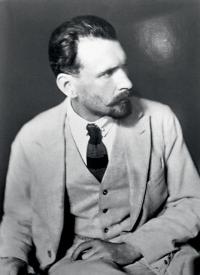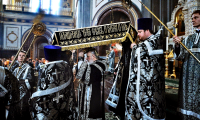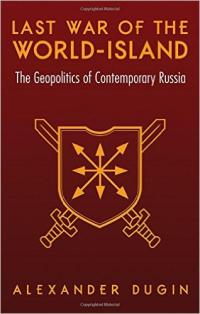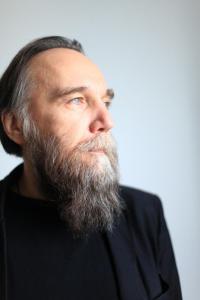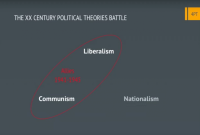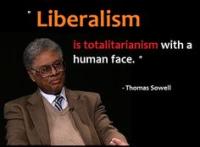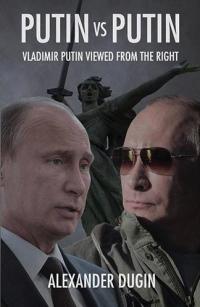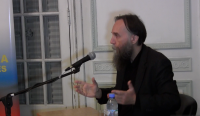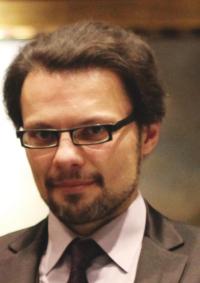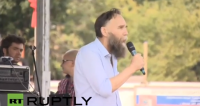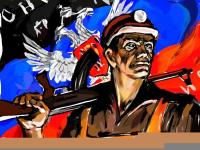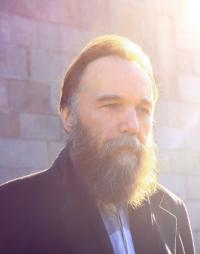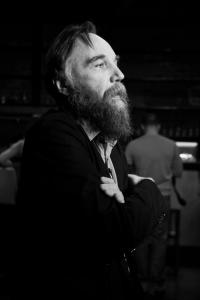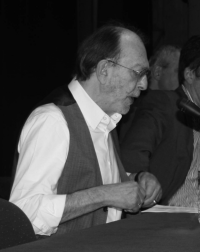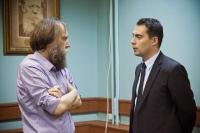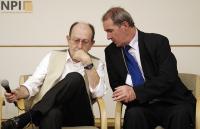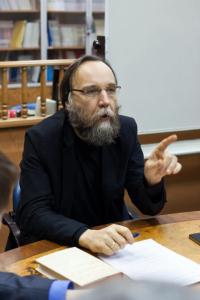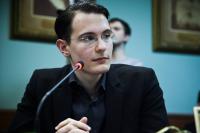The first conference was on 4 ª Political Theory
During the last days 24 and 25 of February was held in San Lorenzo de El Escorial the Seminar of metapolitics: "Keys and visions for a metapolitical resistance in Spain."
Half a hundred people from different and distant points of the Spanish geography, came to listen to the papers and participate in the round tables with the speakers who generously and selflessly responded to the invitation of the seminar.
In this way, José Alsina Calvés opened the sessions with the conference "Hispanism and Fourth Political Theory", where he gave a brief introduction on the nature and fundamental points of the 4th Political Theory proposed by the Russian thinker and philosopher Alexander Dugin, and on The idea of Hispanism and Hispanism as possible genuinely Spanish ways of expression for their own counterhegemonic discourse and for the creation of a differentiated geopolitical space.


